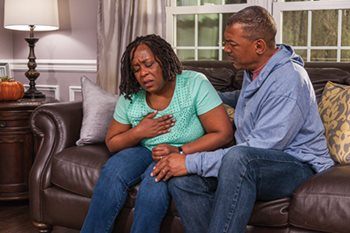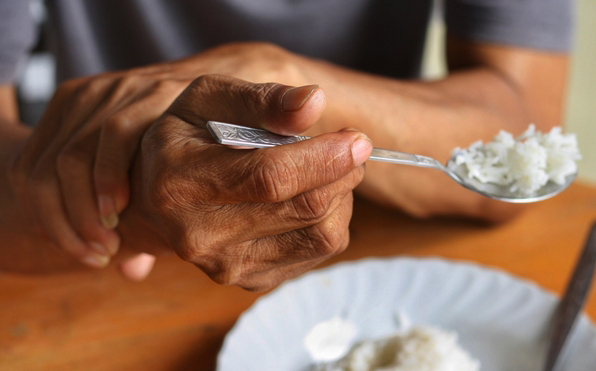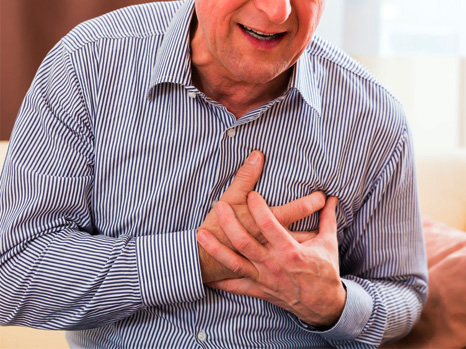Irregular heartbeats: react quickly
- Posted on 15/11/2022 22:41
- Film
- By abelozih@sante-education.tg

Extract from the article: On average, the heart beats 60 to 90 times a minute. But sometimes this rhythm becomes irregular: it suddenly speeds up or decreases. This is called cardiac arrhythmia. What are the treatments for these disorders? What to do when medication no longer
On average, the heart beats 60 to 90 times a minute. But sometimes this rhythm becomes irregular: it suddenly speeds up or decreases. This is called cardiac arrhythmia. What are the treatments for these disorders? What to do when medication no longer works?
The heart is divided into four chambers: two atria and two ventricles. The right chamber receives blood from the body that is loaded with carbon dioxide (CO2). It is sent to the lungs to eliminate this gas and replace it with oxygen. Once the blood is re-oxygenated, it returns to the heart but on the left side to be propelled throughout the body.
To accomplish this, both parts of the heart must contract simultaneously in a specific rhythm. At rest, a heart beats at a rate of 60 to 100 beats per minute.
When the heart contracts, thousands of myocardial cells receive an electrical impulse. This impulse comes from the heart itself. The heart has its own electrical generator. A sort of natural pacemaker in the form of a network of nerve cells called the sinus node. Through various branches, the electrical message travels to the atria and then to the ventricles. This allows for efficient contractions for sufficient filling and emptying for the health of the body.
But this natural pacemaker can go wrong. The heart rhythm is then disturbed in terms of its frequency, regularity and the intensity of its contractions. In some rhythm disorders, the heart does not fill up sufficiently and the body does not receive enough oxygenated blood. The risk is that this blood stagnates and clogs the vessels.
Dizziness, weakness, loss of consciousness or syncope can then occur. There are more than 60 different arrhythmias. When the heart slows down, it is a bradycardia. When it speeds up, it is called tachycardia and when the chambers beat in an uncontrolled way, it is called fibrillation.
To detect cardiac arrhythmias, several tests are available. Among them, the stress test. The stress test allows for an electrocardiogram, i.e. the recording of the heart rhythm thanks to electrodes placed on the patient. The stress test allows the detection of arrhythmia, i.e. a disturbance of the heart rhythm. This examination is prescribed by the cardiologist or the treating physician.
Watching your heart rythm
A visit to the cardiologist allows the heart rhythm to be monitored. Patients suffering from cardiac arrhythmia should be monitored regularly.
Recipes to strengthen the heart
Recipe 1: 2 apples, 2 small beets, 1 lemon, 1 teaspoon of turmeric, 1 teaspoon of ginger powder. Wash all apples, beets and lemon. Peel the beet. Cut it into large pieces. Cut the apple in 4 and remove the core. Cut the lemon in 4. Put all the ingredients in the extractor and taste. Drink 1 glass morning, noon and night for 01 week.
Recipe 2: 8 carrots, 1 red beet, 1 ginger root. Wash all the vegetables. Peel them and put them in a juicer. Mix the juices with the ginger. Place in a cool place. Serve. Drink 01 glass after lunch for 01 week.
William O.




